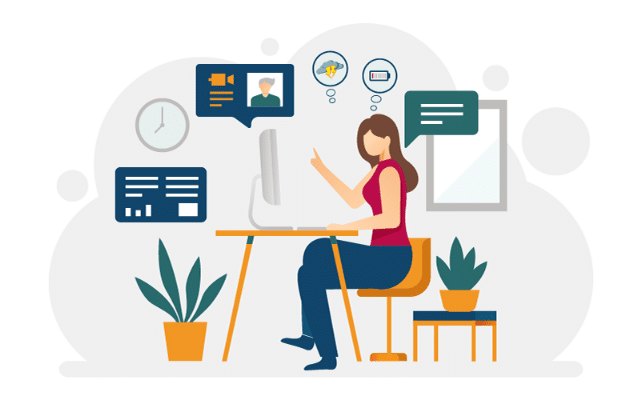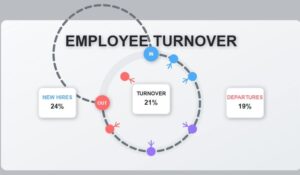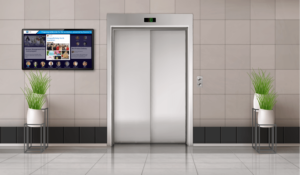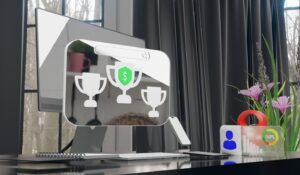Employee’s psyche, desires, and demands are constantly evolving. COVID-19 pushed it into overdrive. Businesses must learn to cater to their changed psyche.
Over the years, the employee psyche, desires, and demands have evolved, and businesses are finding it tougher and tougher to keep abreast of the modern employees’ demands. What’s adding even more fuel to the fire is that today’s workforce houses the broadest age group which encompasses almost 4 to 5 generations (each with varying demands and psyche) of workers. Finding new talent, retaining them, and keeping motivated enough to maintain productivity is a challenge, and employers need to understand the modern employee and what they really want from companies. It takes more than a competitive salary and a few benefits to attract employees enough to join and remain loyal to a company.
The modern employee is extremely influenced by technology using it in almost every aspect of their lives. A new revelation has been that instead of getting annoyed by millennials, older generations have now started learning from them in the workplace and have started modernizing. The millennials who were once new to the workforce were thought of as naive and too demanding. They have now reached the management level. This had led to a disruption of the status quo or rather existing employment conditions and policies. Doors have been opened to approaching employees as the human beings that they are. Mental and physical health is now taken into consideration and is extremely important when cultivating motivation and boosting productivity. The term work-life balance has been given new meaning. Time spent at work should be as comfortable, exciting, and interesting as time spent living your life outside of work. After all, a third of your day, every weekday (on average) is spent at work.
- Employee Psyche When Lockdown Started
The psychological impact of COVID-19 and the lockdown on the workforce was three-fold. The onslaught of pandemic-induced stress caused an initial breakdown of motivation thus leading to much lower productivity. Employees were left feeling insecure and unsure of job security and safety and were panicking as they saw a huge section of the global workforce being fired with no prior notice. Self-isolation and working remotely (whether one lived alone, with a loved one, or with their family) left people feeling devoid of touch, interactions and left an overall feeling of being cut off from the world. A sense of sadness, depression, or feeling low was unavoidable.
- Employee Psyche During Lockdown
As lockdown became the new normal, the ways of working remotely also regularised and found it’s balance. People were getting used to their new schedules which included waking up, working out at home, and just moving to their living room or study to start working. They started seeing the convenience of working remotely. Job hours became a bit more flexible, they had more time to do other things. They could switch back and forth between work and chores or other activities effortlessly. Businesses adapted quickly to pacify their employees, ensure job security, and make sure to take the necessary new age measures to keep their workforce motivated. They found tools and solutions to maintain constant communication with each employee to keep them active, excited, motivated, and productive. All done with the help of technology.
- Employee Psyche Post Lockdown
Lockdown is now ending, places have started opening up. Some things have gone back to normal and some things, like social distancing and wearing masks, have changed and become the new normal. One of the major conclusions of the pandemic is that it is very possible to work remotely and remain just as productive if not more (of course this is not the case for the manufacturing industry and those working in factories and construction). An office job can be done from home or remotely. The modern employee expects the same realization from their employers. 63% of U.S. employers say that the changes they’ve made during lockdown have had a positive impact on their culture. Businesses are acknowledging and doing their part. 59% expect their work from home policies will remain in effect after the lockdown ends. 88% have increased communication on health and safety. 84% are providing tips on working from home. And most importantly, 49% expect to continue offering flexible working arrangements.
Companies are recognizing the benefits from a businesses’ standpoint and are making their management develop new strategies to ensure their employees’ physical and mental safety. New ways are being explored to keep their employees satisfied, happy, and motivated enough to be productive while maintaining constant communication with them; all this while working remotely.














